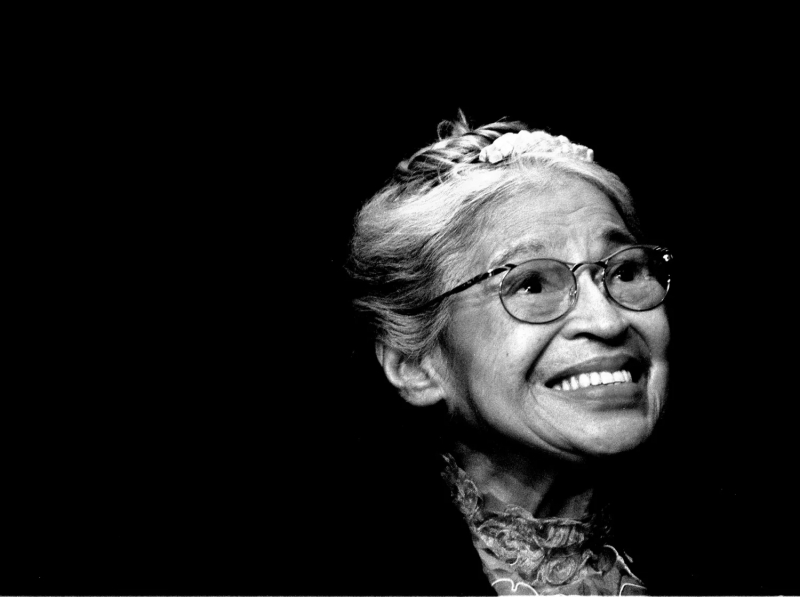The mother of the civil rights movement
Rosa Parks-The mother of the civil rights movement, born Rosa Louise McCauley, an American civil rights activist whose refusal to give up her seat on a public bus sparked the 1955–56 Montgomery bus boycott in Alabama, which kindled the American civil rights movement.
Though desegregating Montgomery's municipal buses was a tremendous accomplishment, Parks was not content. She observed that the United States continued to fail to respect and defend the lives of Black Americans. Martin Luther King, Jr., who had brought the Montgomery bus boycott to national attention, was slain less than a decade after Parks' lawsuit was won. Parks' biographer Kathleen Tracy remarked that Parks would not claim she was happy in one of her final interviews: “I do the very best I can to look upon life with optimism and hope and looking forward to a better day, but I don’t think there is any such thing as complete happiness. It pains me that there is still a lot of Klan activity and racism. I think when you say you’re happy, you have everything that you need and everything that you want, and nothing more to wish for. I haven’t reached that stage yet.”
Rosa Parks relocated to Detroit with her husband and mother in 1957, where she served on the staff of Michigan Congressman John Conyers, Jr. from 1965 until 1988. She stayed involved in the NAACP, and in her honor, the Southern Christian Leadership Conference established the Rosa Parks Freedom Award. In 1987, she cofounded the Rosa and Raymond Parks Institute for Self-Development to equip young people with job training and to teach them about the history of the civil rights struggle. She was honored with various honors, including the Presidential Medal of Freedom (1996) and the Congressional Gold Medal (1999). Rosa Parks: My Story (1992), her autobiography, was co-written with Jim Haskins. She is one of the most influential figures of 20th century.











